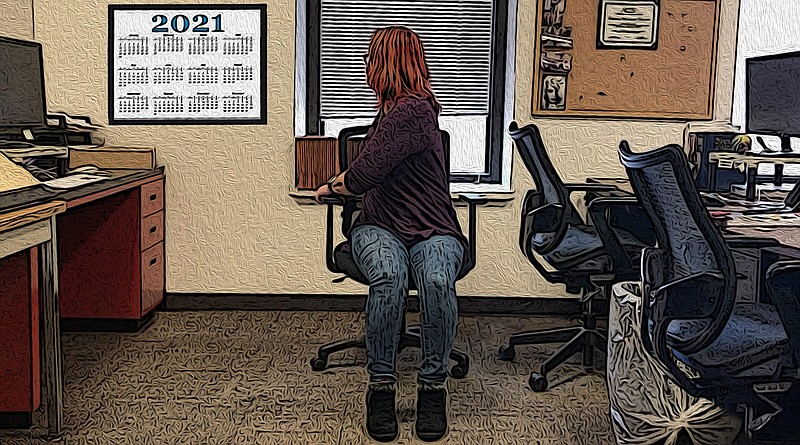According to the Centers for Disease Control and Prevention, approximately 45% of adult Arkansans exercise more than 150 minutes per week. Without a comparison, this statistic "feels like" a good thing, a positive step in the fight against obesity in the mid-South.
But Arkansas ranks in the lower third of U.S. states for regular exercise, with the Upper Northwest ranked as the most active region, where more than 60% of adults engage in that much exercise.
I have lived in Dallas, Atlanta, Little Rock and Kansas City. My travels have taken me to 35 states and a few countries, including South Africa, England, Canada, the Bahamas and Mexico. Although I would not consider myself a world traveler, I have experienced enough cultures to recognize some stark differences in terms of exercise behavior.
Cultures can encourage or discourage healthful activity. Whole populations of people can become more or less active without noticing how they are being influenced by their communities at large.
Mountainous regions tend to encourage more movement by investing in skiing, hiking, biking and other activities that allow residents and visitors to experience their natural topographical beauty. States like Colorado and Oregon encourage public activity through urban planning as well. These states generally do a good job of building bike lanes, hiking trails, sidewalks and parks -- and they have higher activity rates and less obesity.
Arkansas also has wonderful advantages in terms of outdoor resources. The natural beauty of the state attracts people to hunt, fish, hike and bike. Urban planners and philanthropists have gained some ground over the past 20 years, investing in trail systems and bicycle/pedestrian bridges.
At the same time, there are powerful regional influences here that lead to sedentary behavior.
In 2015, Arkansas ranked No. 1 in obesity at 35.9%, and the top seven states for obesity were all close by. These included Mississippi, Louisiana, Alabama and Oklahoma. Of course, the percentage of physically active adults is lower in these states compared with the national average.
Such statistics suggest that Arkansans are burdened with significant cultural challenges, from food preferences to ideas about weather.
The solution isn't simple, but awareness is the first step. The thing is, living a healthy lifestyle is about millions of small choices. For some people, this means going against the grain of their social network. Little decisions, like skipping dessert or waking up early for a jog, all require commitment and dedication, especially if they're unusual in your circle of friends.
Understand that friends and family might not appreciate physical activity the way you do. Aunt Betty might roll her eyes as you excuse yourself from a family gathering to participate in a softball game. Your pals might snicker when you bring home that new mountain bike. But so what?
My advice is to make your lifestyle your own, whether you live in Arkansas or Alaska. Worry less about what others think and more about how you feel. It's a strategy that has helped millions of people change all sorts of behaviors, from smoking cessation to anger management.
Changing your personal pattern of physical activity requires a strong conviction, and it takes a little time to develop that.
This week's exercise is a step in the right direction, as the Desk Chair Twist lets you work on a little mobility right in the office, where you sit all the time. This move is appropriate for all fitness levels and allows one to keep the back flexible.
1. Sit with good posture in a desk chair. Both feet should be flat on the floor and your hips should be positioned toward the front of the seat.
2. From this position, grasp the right armrest with both hands. This will require you to twist your torso to the right.
3. Use your arms to pull your torso to the right until you feel a nice stretch in the lower back.
4. Hold for 15 seconds, then switch sides and repeat.
5. Perform five repetitions on each side.
Social norms are a huge influence on one's behavior, according to behavior change research. The key is to create social situations that support, rather than detract, from one's overall goal. Hang out with active people rather than sedentary people. Get involved in your local walking clubs or fitness center communities. There are all sorts of social support resources available, but it's up to each individual to take that first step. Now, let's get moving!
Matt Parrott has a doctorate in education (sport studies) and a master's in kinesiology and is certified by the American College of Sports Medicine.
Matt Parrott wants to know how Master Class readers are staying fit during the pandemic. What is working for you? What do you want to work on? Share your story by emailing
vballtop@aol.com
